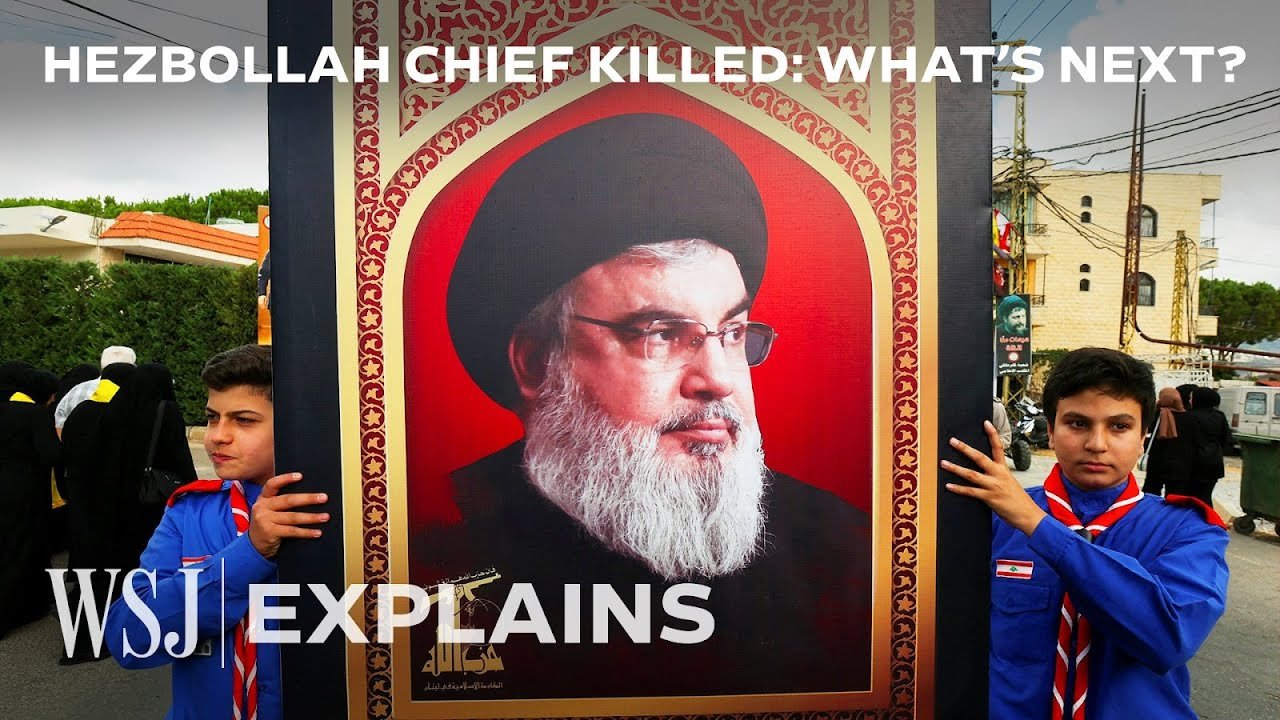The recent news of the death of Hezbollah’s leader, Nasrallah, marks a significant turning point in the Middle East, raising questions about the future relations and dynamics between Israel, Lebanon, and Iran. The video delves into the potential implications of this event, exploring how it could affect the geopolitical landscape, the balance of power, and the prospects for peace or conflict in the region.
- The death of Nasrallah could lead to a power vacuum within Hezbollah, potentially destabilizing the group’s internal cohesion.
- Israel might be on high alert, anticipating possible retaliatory actions or changes in Hezbollah’s strategy.
- Lebanon could face increased political and sectarian tensions as a result of this development, affecting its already fragile state.
- Iran, as a key supporter of Hezbollah, might reassess its involvement and strategy in the region in light of Nasrallah’s death.
- The international community may be closely watching the situation, ready to respond to any shifts in the regional security landscape.
- This event may open new avenues for diplomatic negotiations or escalate existing conflicts, depending on how different actors respond.
The Wall Street Journal is an American business and economic-focused international daily newspaper based in New York City. The Journal is published six days a week by Dow Jones & Company, a division of News Corp.
AllSides Media Bias Rating: Center
https://www.allsides.com/news-source/wall-street-journal-media-bias
Official website: https://www.wsj.com
Original video here.
This summary has been generated by AI.

Leave a Reply